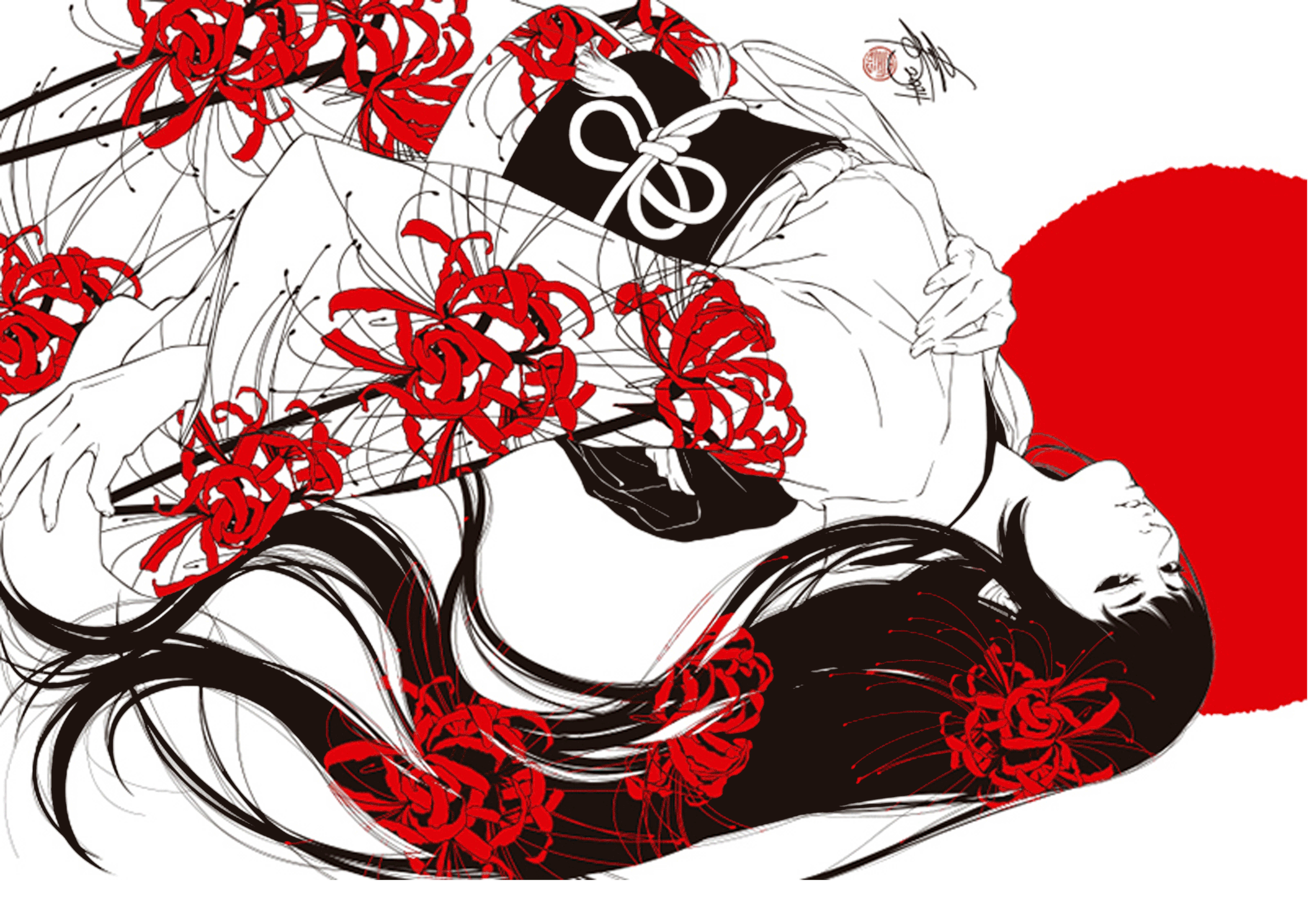One day Kei asks me: “Would you like to go to Kurokawa Onsen?”[1]
“Kurokawa? Of course, I would!” Deliciously impure thoughts fill my mind and I am barely able to contain my excitement.
“No sex, though.”
“No sex? What’s the point in going to a hot spring if we’re not going to . . .”
“I meanit! No sex.”
“Okay, okay . . .” I say, doubtful this is going to work.
“But we can bathe together.”
“Well, now you’re talkin’!”
A week later Kei and I are in the mountains of Kumamoto prefecture, driving past the village of Kurokawa, where many of the more popular ryokan[2] and hot spring baths are located. She turns the car onto a gravel road that crosses a shallow river and continues on up into a thick bamboo grove. At the end of the road is an inn that looks deserted.
“Is it even open?” I say.
“Yes. I made a reservation.”
All the baths, we are told by the innkeeper, are “family type”, meaning—wink, wink—private. We collect some towels and a key, then walk down a stone path to a small wooden bungalow. Once inside, we get undressed, wash ourselves off, and then step into the bath. Kei has draped a wet towel over herself, covering but not quite concealing the beautiful curves of her body. The towel covering my crotch is propped up as if by a tent pole.
“You want some help with that?” she asks.
“I’d be much obliged.”
As Kei goes down on me, the chirping of the cicada in the surrounding bamboo thicket reaches a deafening crescendo.
Later, as we are reclining at the side of the bath, billing and cooing, Kei asks me why I hate my wife Haruka.
“It’s not that I hate her.” I know what Kei means: kirai, the Japanese word for “hate”, doesn’t quite carry the same sense of revulsion that the English word does.
“Well then, why do you want to get divorced?”
“That’s a difficult question.”
“Yes, but I want to understand.”
“I don’t know really. We’ve been married for two years, been together for twice as long. You’d think I might be able to understand someone after being with her for four or five years, but I can’t. I don’t know what she is thinking anymore or what motivates her. I can’t understand how she has come to accept our relationship the way it is, how she can look at it and still consider herself happy.”
“Why not? You do the housework, the shopping, the cooking. You let her travel abroad . . .”
“True.”
“If we were married, . . .”
Kei and me married, now there’s a thought.
“. . . would you let me go abroad all by myself like that?”
“Probably not,” I answer.
“Why not?”
“The reason I let Haruka travel is because I don’t want to be with her. If she asked to go to a four-year university in America, I’d say, ‘Sure!’ and start helping her pack. I don’t miss her when she’s gone and I’m not particularly eager for her to come back. As for you, I would miss you, and I would long for your return. I’d also worry that you might find someone else.”
“And Haruka?”
“I’ve been pinning my hopes on her finding another man.”
“You’re terrible, Peadar. What if I told you I was going abroad for a long time whether you let me or not?”
“Then, I would go with you.”
Kei kisses me.
The first installment/chapter of A Woman's Hand can be found here.
A Woman's Hand and other works are available in e-book form and paperback at Amazon.
